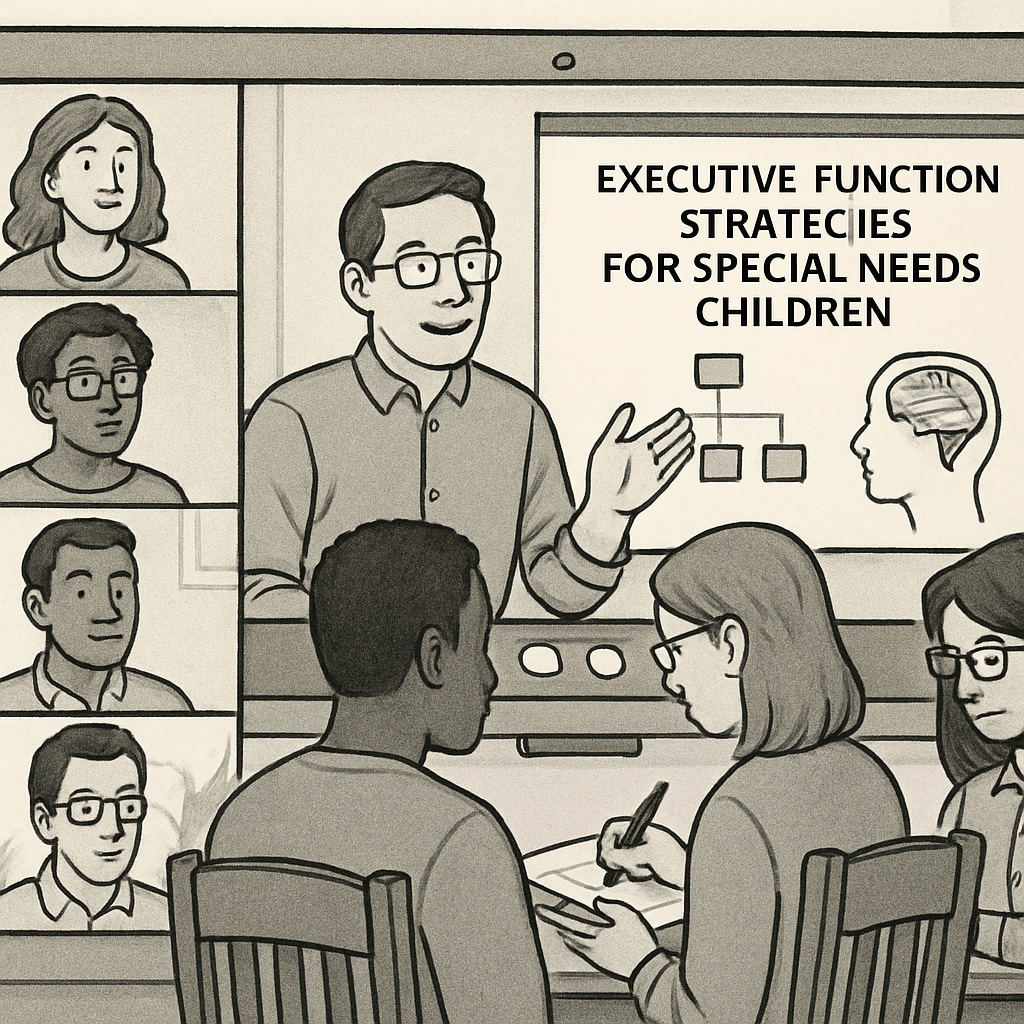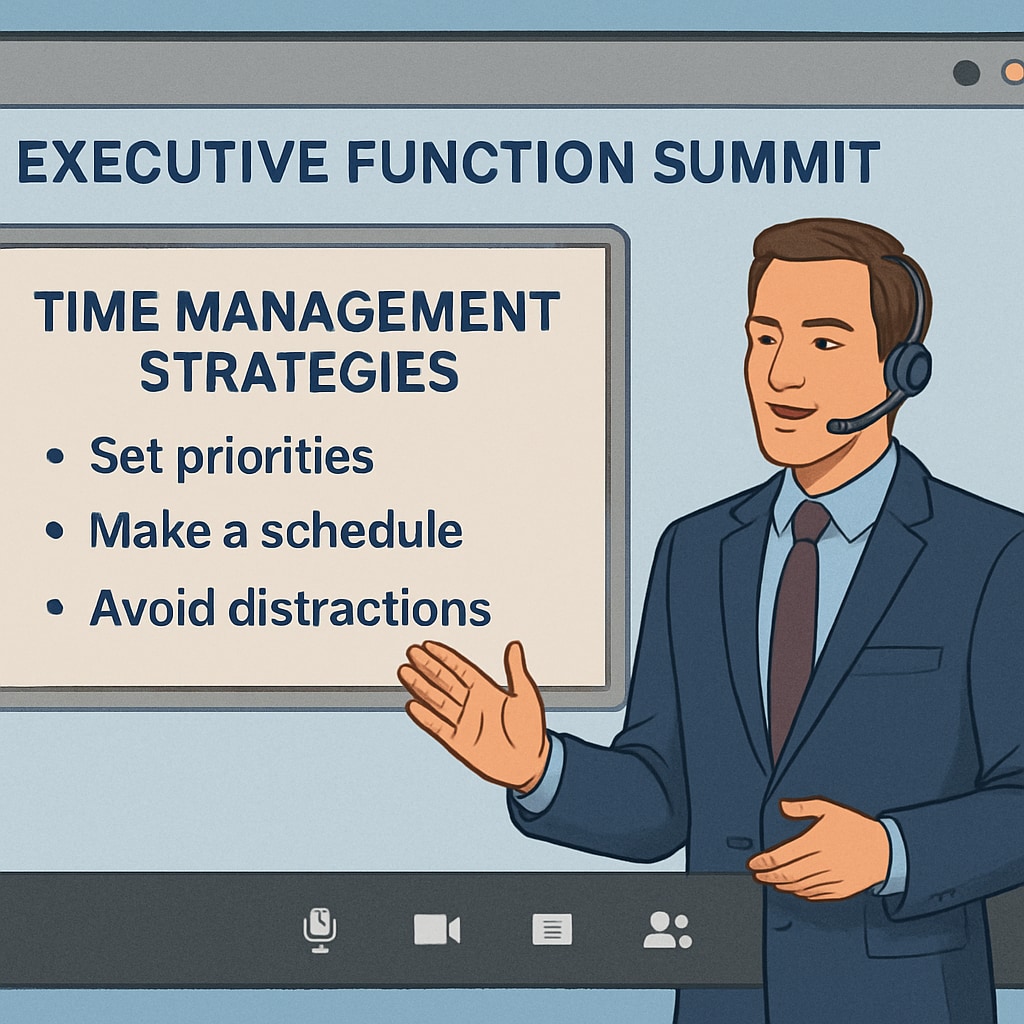For parents of children with ADHD (Attention-Deficit/Hyperactivity Disorder) or ASD (Autism Spectrum Disorder), understanding and supporting their child’s executive function can be a complex journey. Executive function refers to a set of cognitive skills that help with self-regulation, time management, and decision-making. The 7th Online Executive Function Summit (TEFOS) is designed to empower families by providing key strategies and insights into special education. Through expert-led sessions and an engaging community, this event offers parents a roadmap to help their children thrive in both academic and daily life.
Why Executive Function Matters for Special Needs Children
Executive function skills play a vital role in a child’s ability to manage emotions, focus on tasks, and navigate social situations. For children with ADHD or ASD, these skills are often areas of difficulty, leading to challenges in school, at home, and in social settings. Studies have shown that targeted support in these areas can significantly improve outcomes for children with special needs (ADHD on Britannica). By focusing on strategies such as emotional regulation and time management, parents can create a supportive environment that fosters growth and independence.

What the 7th Online Executive Function Summit Offers
TEFOS is an annual event that brings together leading experts in education, psychology, and child development. The 7th edition of this summit offers a comprehensive agenda tailored to the needs of parents with special needs children. Key topics include:
- Emotional Regulation: Techniques to help children identify and manage their emotions effectively.
- Time Management: Practical tools for teaching children to stay organized and meet deadlines.
- Social Skills: Insights into fostering positive interactions and building friendships.
- Parental Support: Resources to help parents manage stress and avoid burnout.
One of the standout features of TEFOS is its focus on accessibility. The sessions are available online, making it easy for parents around the globe to participate. Additionally, the summit fosters a sense of community by connecting families who face similar challenges, allowing them to exchange experiences and solutions.

How Parents Can Apply What They Learn
While the information provided at TEFOS is comprehensive, its true value lies in its practical application. Parents are encouraged to implement the strategies discussed during the sessions into their daily routines. For example:
- Using visual schedules to help children understand and manage their daily tasks.
- Practicing mindfulness exercises to improve emotional awareness and self-control.
- Collaborating with teachers to create individualized support plans for academic success.
In addition to these strategies, TEFOS highlights the importance of self-care for parents. Raising a child with special needs can be demanding, and maintaining a healthy balance is crucial for both the parent and child’s well-being.
Building a Supportive Community
A unique aspect of the summit is its emphasis on community building. Parents often feel isolated when faced with the challenges of raising a child with ADHD or ASD. TEFOS aims to bridge this gap by providing a platform for families to connect and share their journeys. This shared sense of understanding and empathy is invaluable, offering emotional support and practical advice.
As one parent shared, “The summit not only gave me tools to help my child; it also reminded me that I’m not alone in this journey.” By fostering connections and providing expert guidance, TEFOS empowers parents to make a lasting difference in their children’s lives.
In conclusion, the 7th Online Executive Function Summit is more than just an educational event. It is a lifeline for parents seeking to navigate the complexities of special education. By focusing on the unique needs of children with ADHD and ASD, the summit equips families with the knowledge and community support they need to succeed.
Readability guidance: This article uses short paragraphs, clear transitions, and bulleted lists to enhance readability. Active voice is prioritized, and technical terms are explained for accessibility.


